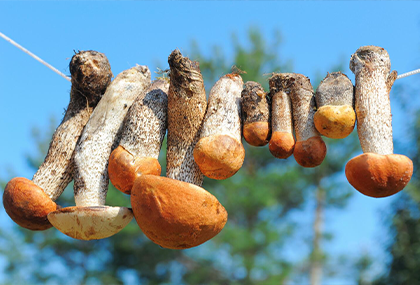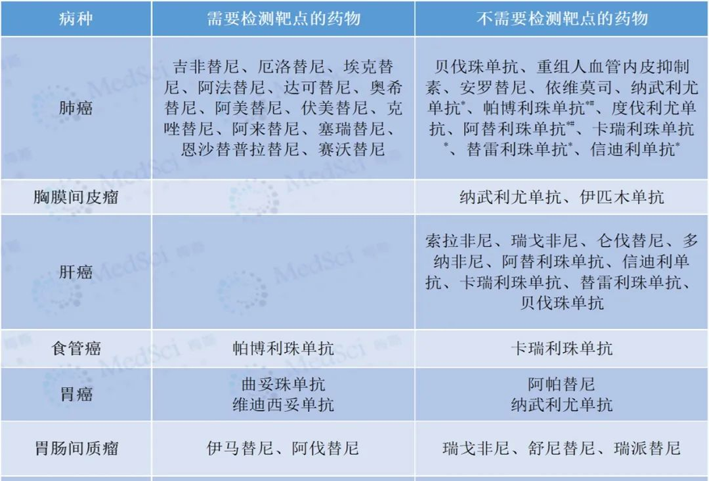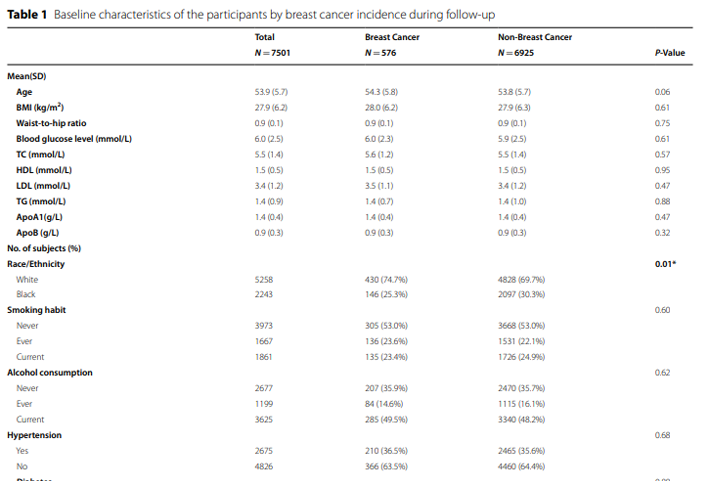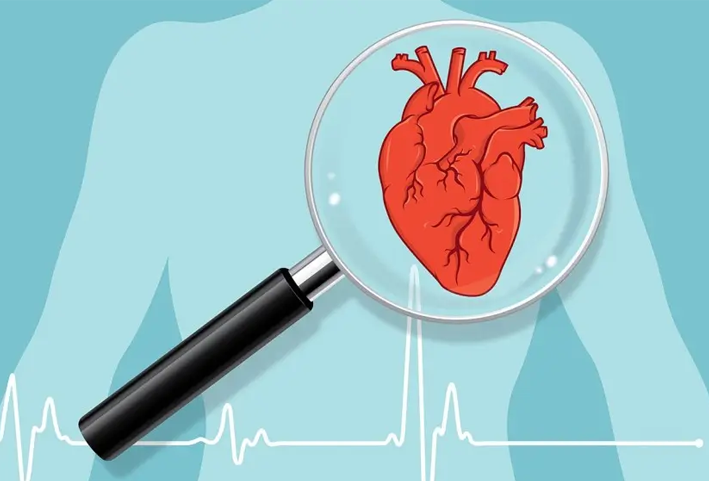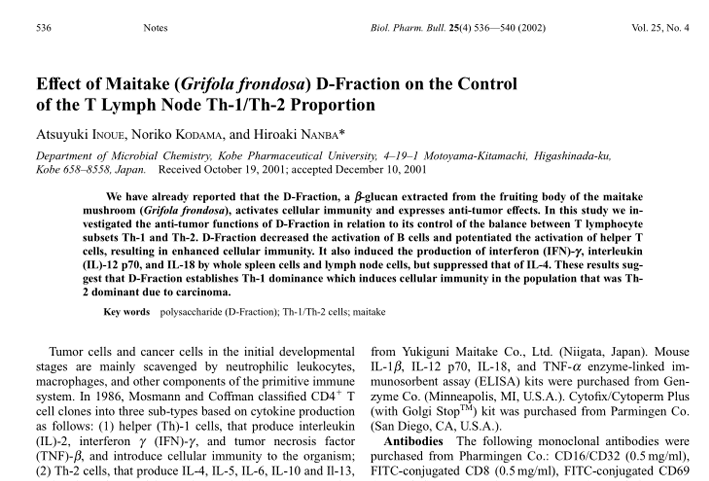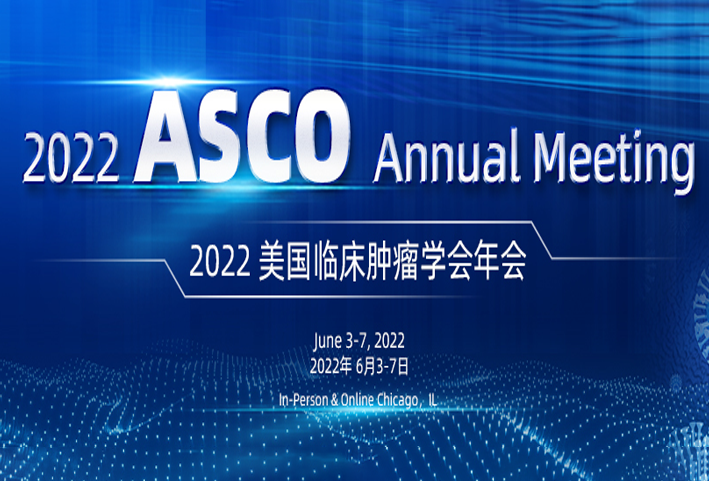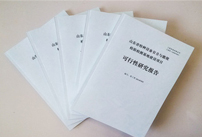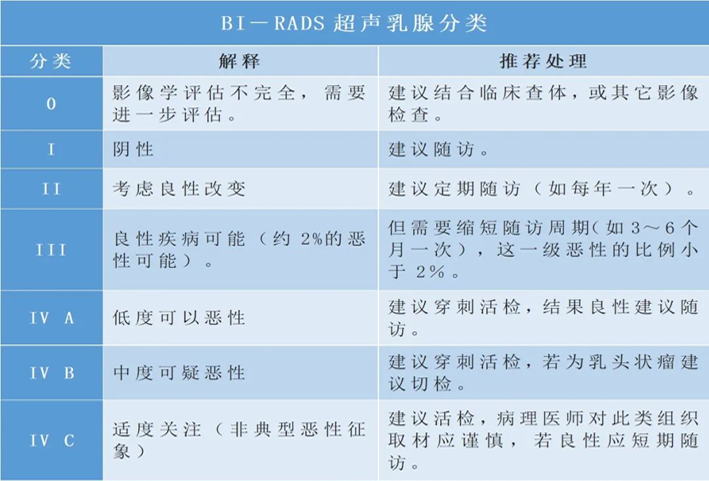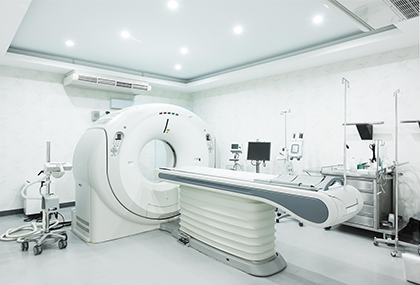Prostate cancer is one of the common malignant tumors in men. Compared with other cancers, the prognosis of prostate cancer can be cured even after reasonable treatment for patients with advanced prostate cancer. At present, Japan is recognized by the world for its ultra-high survival rate in the field of prostate cancer treatment. According to the statistics of the National Cancer Research Center of Japan, the overall 5-year survival rate of prostate cancer in Japan has reached 100% (the 5-year survival rate of all prostate cancer patients in China is only 66.4% [2]). So, how does Japan treat prostate cancer?

1. Surgical treatment
At present, radical prostatectomy is the gold standard for the treatment of localized prostate cancer. Radical surgery includes open surgery, laparoscopic surgery and Leonardo da Vinci robot surgery.
Among them, the da Vinci surgical robot has high-definition, assisted ultrasound image fusion skills. The surgical robotic arm has anti tremor, multi angle operation functions. The magnified surgical field is equipped with image fusion skills and specific fluorescence imaging skills. It can complete more delicate surgical operations, clearly distinguish tumor tissues, peel off urethra, nerves and blood vessels, and protect the patient's organ functions to a greater extent while removing tumors, Effectively improve the quality of life of patients.
It is understood that Da Vinci robot surgery has been widely used in Japanese hospitals for prostate cancer surgery. Unless it is extremely difficult, laparoscopic surgery and open surgery are almost no longer used.
Previously, Hopu Ark had helped Mr. Zhou (a pseudonym), a patient diagnosed with prostate cancer, to go to Shuntian Hospital affiliated to Shuntian University in Japan for da Vinci robotic surgery. With the help of Japanese authoritative experts in prostate cancer surgery, Mr. Zhou's surgery was very smooth, preserving organ functions to the greatest extent, and improving the quality of life after surgery.
2. Proton heavy ion therapy
Radiation therapy is a typical non operative and curative treatment for prostate cancer, especially for elderly patients.
However, traditional photon radiation therapy will lead to adverse events of rectum and bladder, which is not conducive to the improvement of the quality of life of prostate cancer patients. Different from the traditional photon radiotherapy, proton therapy and heavy ion therapy, two new radiotherapy methods, will produce "Bragg peak effect" in the human body. In short, when entering the human body, the energy is small, and the energy reaches the tumor site suddenly increases, so the damage to normal tissues is very small. Compared with traditional photon radiation therapy, proton heavy ion therapy for prostate cancer is more effective, and reduces the radiation dose of bladder, rectum and penis bulb, with lower side effects.
A study published in Clinical Genitourinary Cancer in 2021 analyzed the overall survival rate data of proton therapy, traditional photon radiotherapy and brachytherapy for local prostate cancer. The results show that compared with other radiotherapy methods, proton therapy has better survival rate data and better prognosis. The specific data are as follows: the 10-year survival rate of all prostate cancer patients after proton therapy is 85.6%, traditional photon radiotherapy is only 60.1%, and brachytherapy is 74% [3].
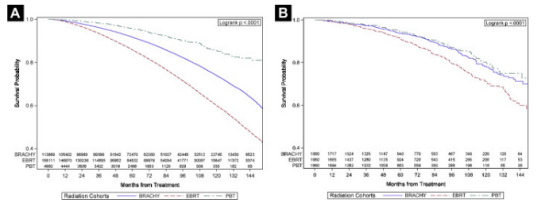
▲ Comparison of survival rate data of three radiotherapy methods (all populations on the left) Source: Reference source [3]
In the multi facility retrospective trial of QST Hospital in Japan and other heavy ion treatment facilities in Japan, the 5-year survival rate of low-risk prostate cancer after heavy ion treatment was 100%, the 5-year survival rate of medium risk prostate cancer was 99%, and the high-risk prostate cancer was 96%, and the probability of severe complications in 5 years was 0 [4], The effect is comparable to that of surgical operation (according to the data in the Chinese Guidelines for the Diagnosis and Treatment of Prostate Cancer 2018, the mortality rate after radical resection of low-risk prostate cancer is 5% [5]).

▲ Heavy ion therapy for prostate cancer | Image source: QST Hospital, Japan
3. Precision drug therapy
At present, drug therapy for prostate cancer includes androgen deprivation therapy, targeted therapy and immunotherapy.
In 2020, Japan has approved a new drug for the treatment of non metastatic castration resistant prostate cancer, the nonsteroidal androgen receptor (AR) inhibitor Nubeqa (Nubeqa combined with androgen deprivation therapy (ADT) will prolong the metastasis free survival of prostate cancer by more than twice [7]); In March this year, Nubeqa combined docetaxel and androgen deprivation therapy (ADT) to treat prostate cancer patients with distant metastasis has been submitted for approval in Japan, which is expected to benefit patients with advanced prostate cancer [8].

▲ Graph source: reference source [8]
In addition, Lynparza, a new castration resistant prostate cancer drug for distant metastasis and carrying BRCA gene mutation (BRCAm), Rubaca, a new drug for metastatic castration resistant prostate cancer related to harmful BRCA mutations (germline and/or somatic cells) that has previously received other therapies It is used for the marketing of Keytruda and other drugs for advanced prostate cancer with high microsatellite instability (MSI-H) or high tumor mutation burden (TMB-H), which has significantly improved the effect of prostate cancer treatment.
In a word, with the continuous progress of medical technology, the prognosis of prostate cancer is steadily improving. However, the condition of advanced prostate cancer is complex, and treatment requires comprehensive surgery, endocrine therapy, radiotherapy, chemotherapy, targeted therapy, immunotherapy, etc. Therefore, after the diagnosis of prostate cancer, a professional doctor should make a comprehensive assessment to determine the follow-up treatment plan.
At present, Japan is the world leader in the field of prostate cancer treatment, with an average 5-year survival rate of 100%. Patients in both early and middle late stages can obtain a good prognosis after reasonable treatment.
Reference source:
[1] National Cancer Research Center of Japan
http://www.zengankyo.ncc.go.jp/etc/seizonritsu/seizonritsu2012.html#10
[2] Zeng H, Chen W, Zheng R, et al. Changing cancer survival in China during 2003–15: a pooled analysis of 17 population-based cancer registries[J]. The Lancet Global Health, 2018, 6(5): e555-e567.
[3] Liu Y, Patel SA, Jani AB, Gillespie TW, Patel PR, Godette KD, Hershatter BW, Shelton JW, McDonald MW. Overall Survival After Treatment of Localized Prostate Cancer With Proton Beam Therapy, External-Beam Photon Therapy, or Brachytherapy. Clin Genitourin Cancer. 2021 Jun; 19(3):255-266.e7. doi: 10.1016/j.clgc.2020.08.009. Epub 2020 Aug 28. PMID: 32972877; PMCID: PMC7914293.
[4]Nomiya T et al. A multi-institutional analysis of prospective studies of carbon ion radiotherapy for prostate cancer: A report from the Japan Carbon ion Radiation Oncology Study Group (J-CROS). Radiother Oncol. 2016; 121:288-293.
[5]Chinese guidelines for diagnosis and treatment of prostate cancer 2018 (English version)
https://www.ncbi.nlm.nih.gov/pmc/articles/PMC6433586/
[6]Kasuya G et al. Cancer-specific mortality of high-risk prostate cancer after carbon-ion radiotherapy plus long-term androgen deprivation therapy. Cancer science, 2017,108:2422-2429.
[7] Bayer receives approval for darolutamide in Japan - Bayer News
[8]Bayer submits application for additional indication of Nubeqa:trade_ mark: (darolutamide) in Japan - Bayer News
https://media.bayer.com/baynews/baynews.nsf/id/Bayer-submits-application-for-additional-indication-o
[9] AstraZeneca, Merck’s Lynparza OK'd in Japan for cancers (NASDAQ:AZN) | Seeking Alpha
https://seekingalpha.com/news/3647466-astrazeneca-merck-s-lynparza-okd-in-japan-for-cancers
[10] FDA Approves Rucaparib for BRCA+ mCRPC
https://www.onclive.com/view/fda-approves-rucaparib-for-mcrpc
[11] de Bono JS, Mehra N, Scagliotti GV, Castro E, Dorff T, Stirling A, Stenzl A, Fleming MT, Higano CS, Saad F, Buttigliero C, van Oort IM, Laird AD, Mata M, Chen HC, Healy CG, Czibere A, Fizazi K. Talazoparib monotherapy in metastatic castration-resistant prostate cancer with DNA repair alterations (TALAPRO-1): an open-label, phase 2 trial. Lancet Oncol. 2021 Sep; 22(9):1250-1264. doi: 10.1016/S1470-2045(21)00376-4. Epub 2021 Aug 10. PMID: 34388386.
Source link:
https://www.medsci.cn/article/show_article.do?id=43f0e45229f1


